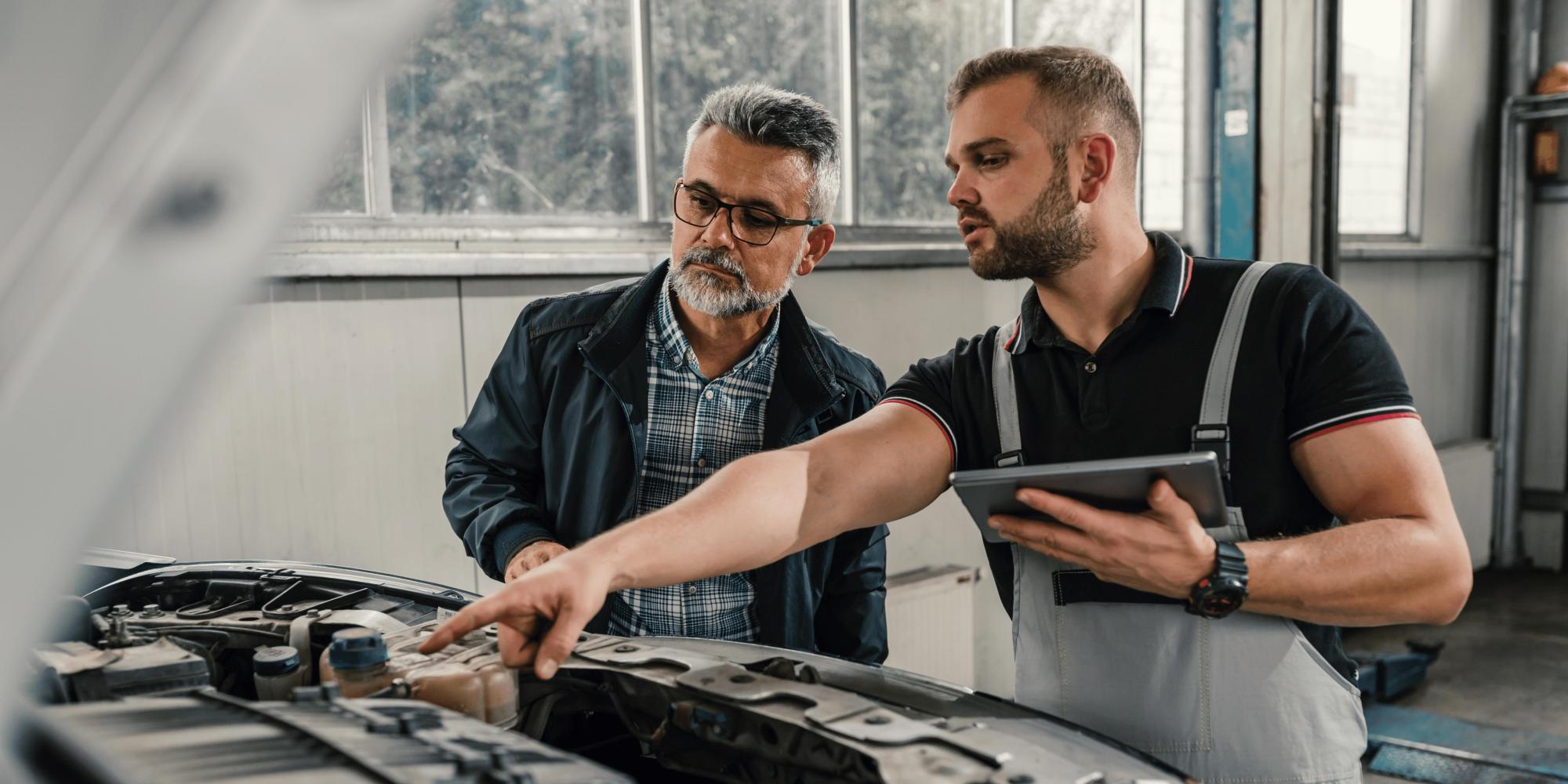7 Common Reasons to Service Your Car With A Professional
If you’re like most people, you probably don’t think about car repair until there’s a problem. And by then, it’s often too late. A broken down car can be a huge inconvenience and cost you money in the long run. That’s why it’s important to service your auto regularly. Some repairs are more common than others.

Difference between Professional vs. Personal Auto Care?
Professional auto care is the care and maintenance of a vehicle by qualified personnel using specialized tools and equipment. Self care on the other hand is trying to do the maintenance on the car yourself. Professional auto care generally costs more than self-care, but it offers several advantages.
First, professional auto care technicians are trained to spot potential problems and repair them before they cause serious damage.
Furthermore professional auto care centers have access to the latest diagnostic tools and equipment, which allows them to quickly identify and fix problems.
And finally, professional auto care centers typically offer a warranty on their work, which protects you from having to pay for repairs if something goes wrong. This can be crucial when something as important as your safety is involved when it comes to driving.
7 Common Reasons to Service Your Car with a Professional
While each car is different, some basic maintenance is required on almost every car. Here are 7 of the most common issues:
1) Leaks- Over time, gaskets and seals can degrade causing fluid leaks. These leaks can lead to further damage if not repaired in a timely manner.
2) Brakes- Your brakes are one of the most important safety features on your car. Brakes should be serviced every 30,000 miles or sooner if they are making strange noises.
3) Tires- Tires should be rotated every 5000 miles to ensure even wear. This simple maintenance task can extend the life of your tires significantly.
4) Belts and hoses- These components degrade over time and can cause serious engine damage if they fail while you’re driving. It’s best to have them inspected and replaced before they cause any problems.
5) Fluids- All the fluids in your car (oil, coolant, transmission fluid, etc.) need to be checked regularly and changed according to your car’s specifications. This is one of the easiest and most important maintenance tasks you can do to extend the life of your car.
6) Battery- Batteries typically need to be replaced every few years. If your battery is starting to show signs of wear, it’s best to have it replaced before it fails and leaves you stranded.
7) Exhaust system- The exhaust system filters harmful gasses away from the engine. Over time, it can become clogged
How to spot a problem with your car
Most car owners are not professional mechanics, but that doesn’t mean you can’t learn to spot a potential problem with your car. By being aware of the signs of trouble, you can avoid a costly repair bill or even a dangerous breakdown. It may also help you describe the issue to your professional auto technician.
One of the most common signs of a problem with your car is strange noises. If you hear new or unusual sounds coming from your engine, tires, or suspension, it’s time to take your car in for a professional inspection. Also, be on the lookout for any changes in the way your car sounds when you start it up or when it’s idling. These could be signs of engine trouble.
Another telltale sign of trouble is anything that affects the way your car handles. If the steering feels loose, the brakes are making noise, or the transmission seems to slip, these could all be early warning signs that something is wrong. As with strange noises, any change in the way your car handles should be addressed by a professional.
Of course, many potential problems with your car will be signaled by dashboard warning lights. These days, cars are equipped with computers that can often diagnose problems before they become serious. So if you see a warning light pop up on your dash, don’t ignore it! Take your car in to be serviced as soon as possible.
Conclusion
By being aware of the signs of trouble with your car, you can avoid serious problems down the road. And if you do have a problem, you can be sure to get it fixed quickly and safely by taking it to a professional. Now that you have some basic information, you should be better placed to make the right decision for your car. Best of luck on the road!
References
“THE DIFFERENCE BETWEEN AN AUTOMOTIVE MECHANIC AND AN AUTOMOTIVE TECHNICIAN” UTI (2022) : https://www.uti.edu/blog/automotive/the-difference-between-a-mechanic-and-an-automotive-technician
“5 Signs You Need New Brake Pads” Geico (2022): https://www.geico.com/living/driving/auto/auto-care/instant-expert-5-signs-you-need-new-brake-pads/
“How to Diagnose Car Problems If You Don’t Know Much About Cars” Popular mechanics (2022): https://www.popularmechanics.com/cars/a24471/diagnose-car-problems/
“5 Signs That you Might Need to Replace your Tires” Wheels.ca (2022): https://www.wheels.ca/guides/5-signs-that-you-might-need-to-replace-your-tires